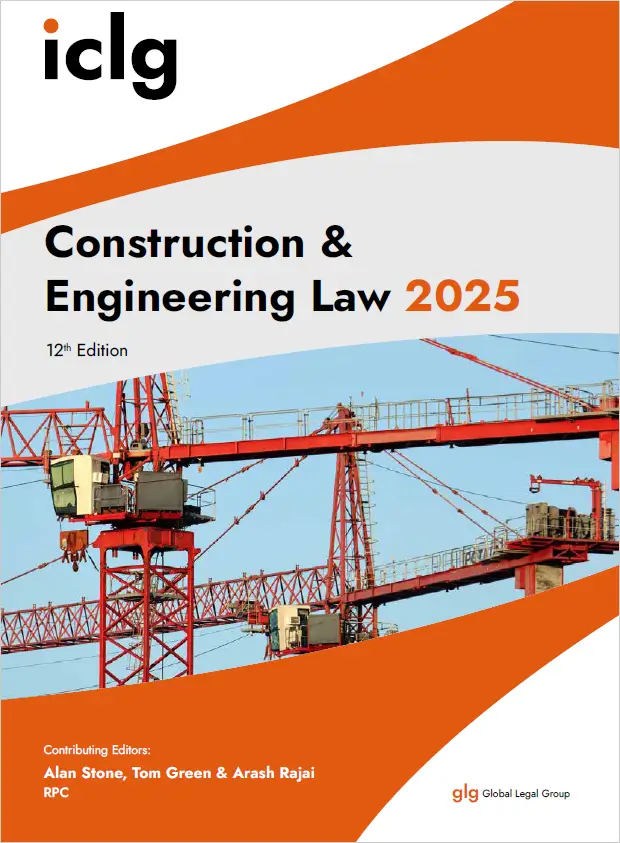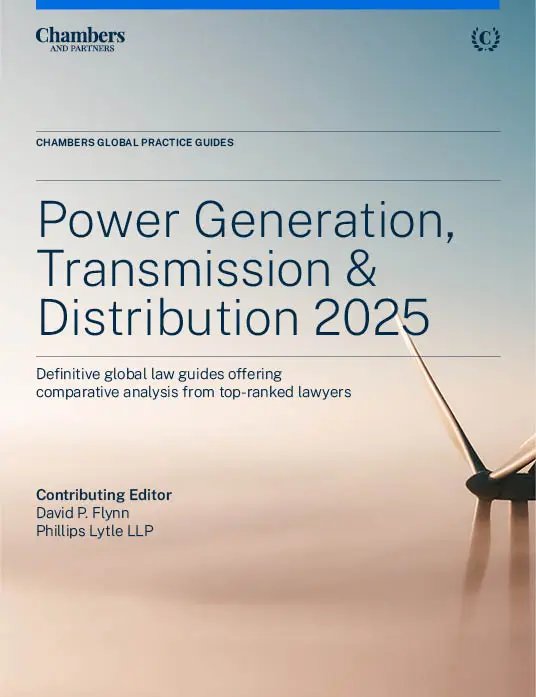
NO&T Asia Legal Review
In an effort towards introducing a more comprehensive legal framework governing activities pertaining to electricity, Vietnam will soon promulgate a law to amend the Electricity Law No. 28/2004/QH11 (which was partially amended and supplemented by the Electricity Law No. 24/2012/QH13, Electricity Law No. 28/2018/QH14, Electricity Law No. 03/2022/QH15). The latest version of the draft amended Electricity Law (the “Draft Law”) consists of 9 chapters and 119 articles, regulating electricity development, investment in electricity projects, electricity operation licenses, trading activities, protection of electricity works and safety in the electricity sector, and state management of electricity. The Draft Law is expected to be submitted by the Government to the National Assembly for comments at the National Assembly’s October 2024 session. Below are some notable observations on this Draft Law.
Under the current law, the Prime Minister has the authority to decide on the mechanism for adjusting retail electricity prices. The Draft Law stipulates that the Government will have the authority to issue the mechanism for adjusting retail electricity prices instead of the Prime Minister, based on the consideration that electricity price adjustment needs to be considered and evaluated comprehensively based on the macroeconomic situation.
The wording of the Draft Law suggests that the law applicable to electricity purchase and sale contract must be Vietnamese Law. The language of the contract must be Vietnamese. The English version of the contract may be used only in cases where the power plant project of the electricity producer involves foreign investment, such as investment by a foreign investor, or use of foreign funding sources. This may raise concerns among international investors and make them hesitant to invest in electricity projects in Vietnam and therefore may affect the bankability of the projects.
The Draft Law has new regulations to strictly handle projects that are behind schedule. Specifically, projects behind schedule may be suspended or terminated, the project implementation guarantee amount may be transferred to the state budget and the competent authority will have the right to conduct procedures to select a replacement investor or a replacement project.
The current law does not have regulations on selection of investors to implement electricity projects. This has caused a lot of confusion for both state agencies and investors wishing to implement electricity projects. Regarding this issue, the Draft Law has set out the methods of selecting investors for electricity projects, including the bidding method to select investors based on the principle of investment efficiency according to the ceiling price of electricity within the price range issued by the Ministry of Industry and Trade. Details may be further clarified in the Decree guiding the amended Electricity Law.
The Draft Law stipulates freedom of competition in the electricity market in accordance with the development levels of the market. However, the state will still regulate the operation of the electricity market. The construction and operation of some projects like nuclear power plant projects, multi-purpose strategic hydropower plant projects, emergency electricity projects, emergency power grids, and important transmission power grids from voltage level 220 kV or higher will be monopolized by the state for the purpose of ensuring national energy security. In summary, it is difficult to expect competition in the electricity industry in the near future similar to the gasoline or mobile phone markets.
Although there are still shortcomings and challenges, the Draft Law is expected to create a more transparent and effective mechanism in the context of rapid changes in the electricity/renewable energy market and ensure the country’s sustainable development in relation to energy security. A number of articles in the Draft Law are expected to be regulated in more detail by the Decree, Circular and related guiding legal documents after the amended Electricity Law is issued.
This newsletter is given as general information for reference purposes only and therefore does not constitute our firm’s legal advice. Any opinion stated in this newsletter is a personal view of the author(s) and not our firm’s official view. For any specific matter or legal issue, please do not rely on this newsletter but make sure to consult a legal adviser. We would be delighted to answer your questions, if any.


Supasit Boonsanong, Thananya Pholchaniko, Phareeya Yongpanich (Co-author)


(August 2025)
Kaori Sugimoto


(July 2025)
Rintaro Hirano, Yutaro Fujimoto, Yurika Masakane, Yutaro Kato (Co-author)


Yuichi Miyashita, Miho Susuki (Co-author)


(July 2025)
Rintaro Hirano, Yutaro Fujimoto, Yurika Masakane, Yutaro Kato (Co-author)


Justin Ee, Kennosuke Muro (Co-author)


(November 2024)
Rintaro Hirano, Koichiro Yoshimura, Yoshimune Muraji (Co-author)


Dzung Pay


Supasit Boonsanong, Thananya Pholchaniko, Phareeya Yongpanich (Co-author)


Patricia O. Ko


Claire Chong, Nozomi Kato (Co-author)


Yuan Yao Lee


Supasit Boonsanong, Thananya Pholchaniko, Phareeya Yongpanich (Co-author)


Patricia O. Ko


Claire Chong, Nozomi Kato (Co-author)


Yuan Yao Lee


Hoai Truong


Ngoc Hoang


Long Nguyen


Nga Tran